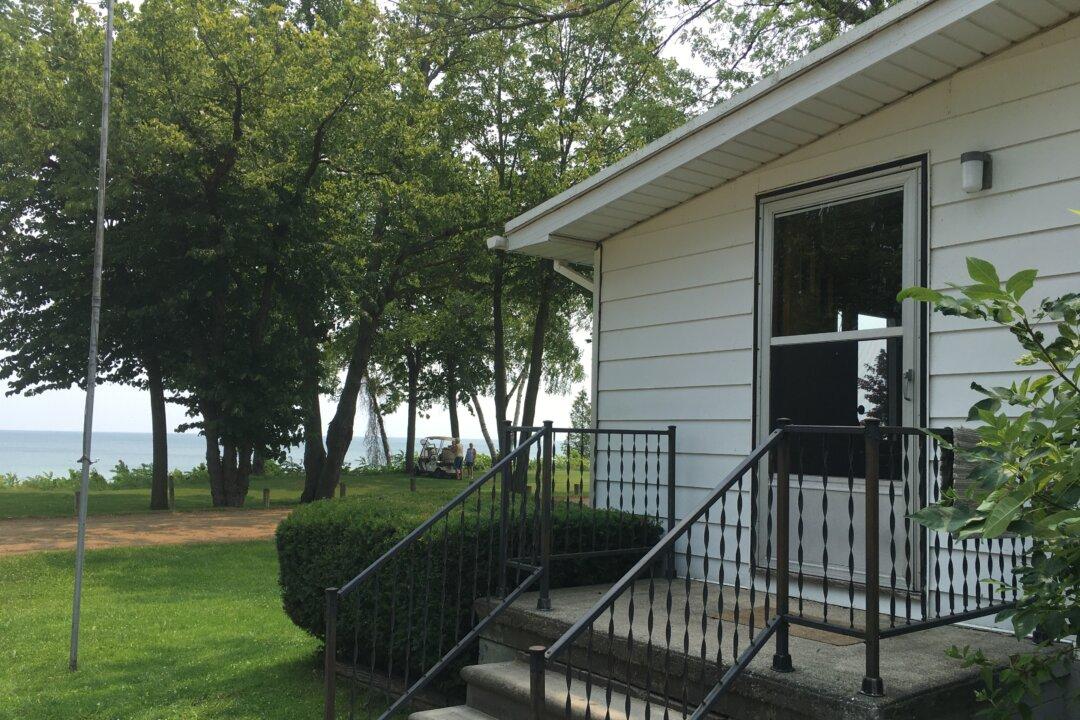Commentary
Multifamily homes have been a great investment over the past two years. While the initial shock of the pandemic caused some concern about who could pay rent and what why would do if they couldn’t pay their rent, those concerns were largely allayed by the end of 2020. Smaller and mid-sized cities saw an influx of new residents who were intent on buying property. The housing market quickly ran out of inventory, and, with house prices continuing to rise, many of those new residents found themselves priced out of buying, so they moved into rental communities.





